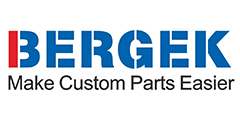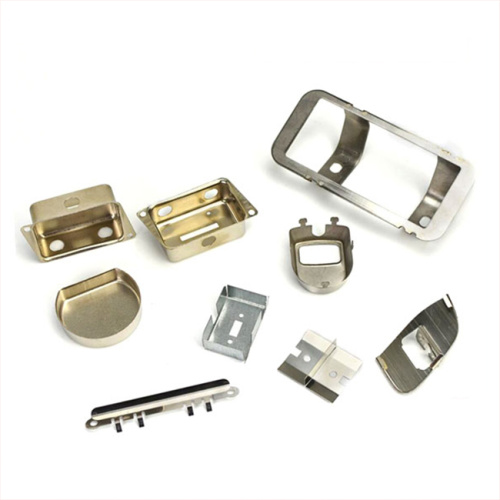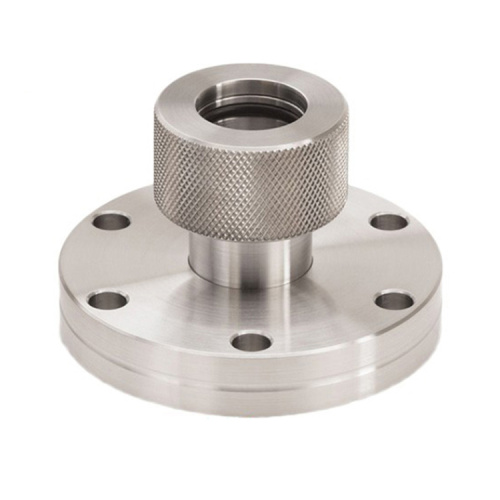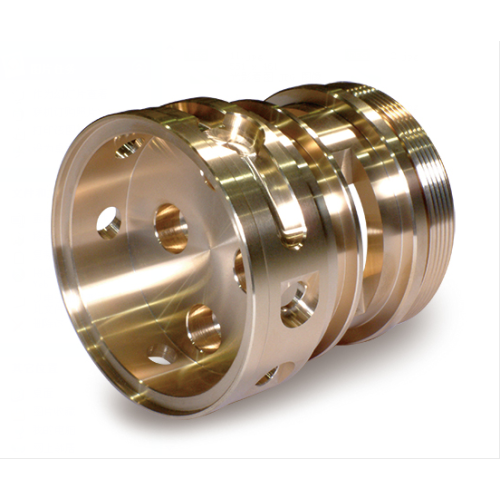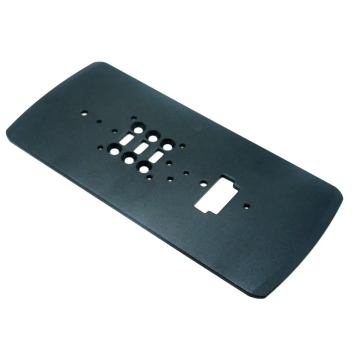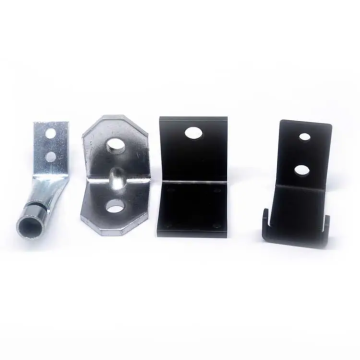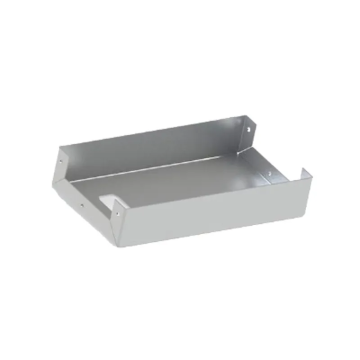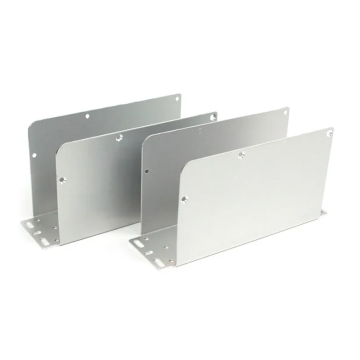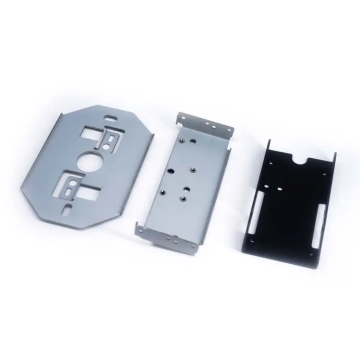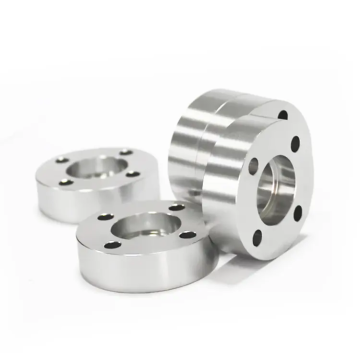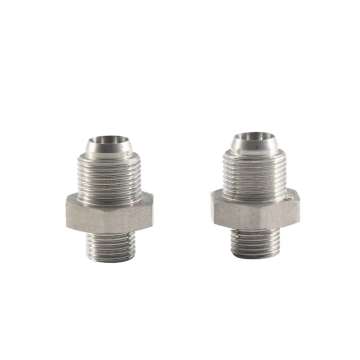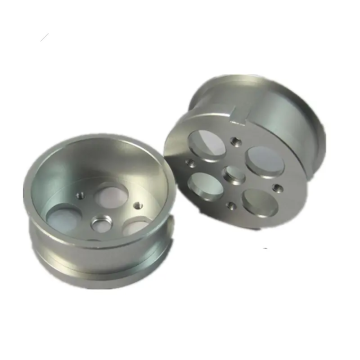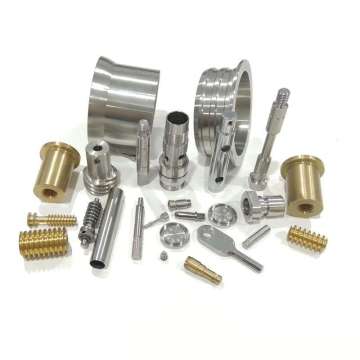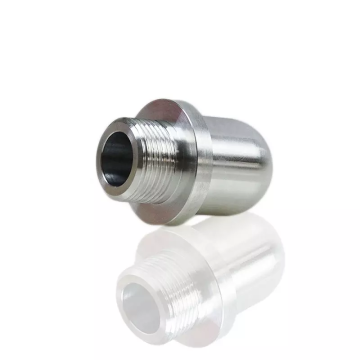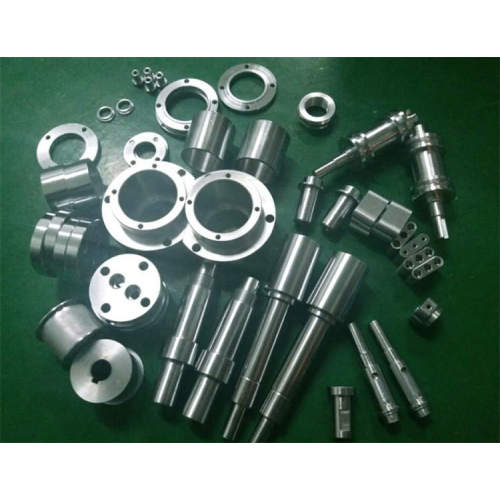
Custom CNC processing manufacturing
-
$6.50≥10 Piece/Pieces
- Min. Order:
- 10 Piece/Pieces
- Min. Order:
- 10 Piece/Pieces
- Transportation:
- Ocean, Land, Air
- Port:
- ShenZhen
Your message must be between 20 to 2000 characters
Contact Now| Place of Origin: | China |
|---|---|
| Productivity: | 10000 |
| Supply Ability: | 800000 |
| Payment Type: | L/C,T/T,D/P,Paypal |
| Incoterm: | FOB,CFR,CIF,EXW,FCA,CPT,CIP |
| Transportation: | Ocean,Land,Air |
| Port: | ShenZhen |
The process is suitable for a variety of materials, including metals, plastics, wood, glass, foam and composites, and is used in a variety of industries, such as large CNC machining, telecommunications parts and prototype machining, and CNC machining aerospace parts, which require stricter tolerances than in other industries. Note that there is a difference between the CNC machining definition and the CNC machine definition - one is a process and the other is a machine. CNC machines (sometimes incorrectly referred to as C and C machines) are programmable machines capable of autonomously performing CNC machining operations.
Subtractive manufacturing processes, such as CNC machining, are usually presented in contrast to additive manufacturing processes, such as 3D printing, or formative manufacturing processes, such as liquid injection molding. While additive processes assemble layers of material to produce the desired shape, molding processes deform and displace stock materials into the desired shape. The automated nature of CNC machining enables the production of high-precision and high-precision, simple parts and cost-effectiveness while completing one-off and medium batch production. However, while CNC machining shows some advantages over other manufacturing processes, there are limits to the sophistication and complexity of part design and the cost-effectiveness of producing complex parts.
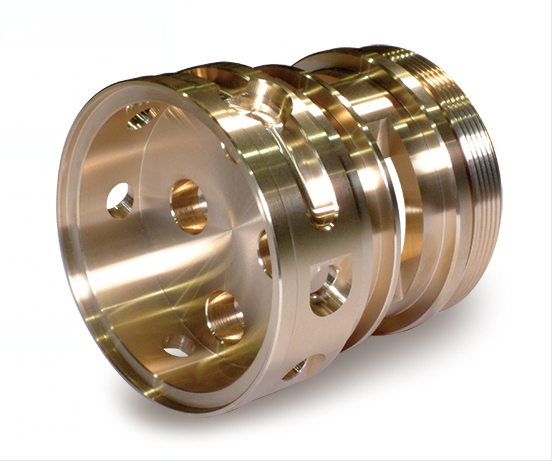
Although each manufacturing process has its advantages and disadvantages, Cnc Machining article focuses on CNC machining process, Outlines the basic knowledge of the process, and various components and tools of CNC machine tools.
CNC processing technology overview
Developed from numerical control (NC) processing using perforated tape cards, CNC machining is a manufacturing process that uses computer control to operate and manipulate machines and cutting tools to shape raw materials -- such as metals, plastics, wood, foams, composites, etc. -- into custom parts and designs. Although CNC machining processes offer a variety of functions and operations, the basic principles of the process remain largely unchanged throughout all of these processes. The basic process of CNC machining includes the following stages:
Design CAD model
Convert CAD files to CNC programs
Prepare CNC machine tools
Perform machining operation
CAD model design
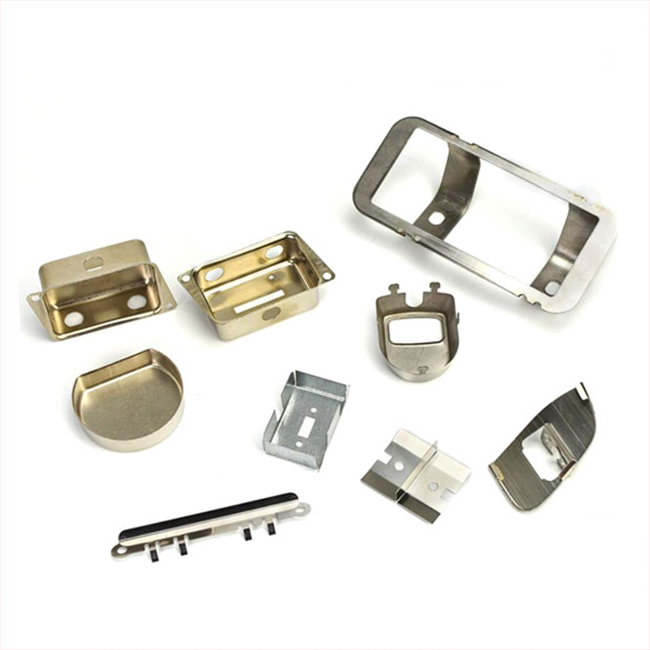
The CNC machining process begins with the creation of 2D vector or 3D solid parts CAD designs in-house or by CAD/CAM Design Services. Computer-aided design (CAD) software allows designers and manufacturers to generate models or renderings of their parts and products, as well as the necessary technical specifications (such as dimensions and geometry) used to produce the parts or products.
The design of CNC machined parts is limited by the ability (or inability) of CNC machines and tools. For example, most CNC machines are cylindrical, so the geometry of parts that can be obtained through CNC machining is limited because the tool produces curved corners. In addition, the characteristics of the material being processed, tool design, and the workpiece clamping capability of the machine further limit the design possibilities, such as minimum part thickness, maximum part size, and inclusion and complexity of cavities and features.
Related Keywords

